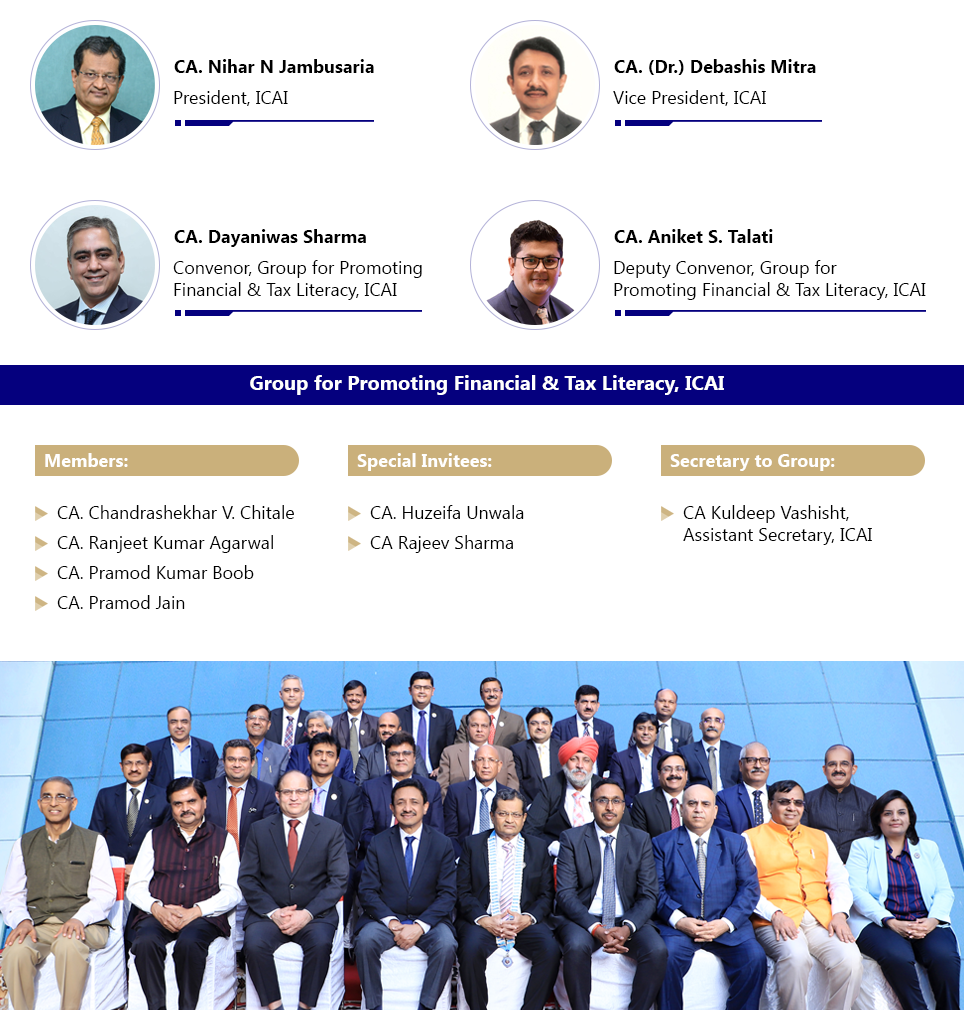FAQ Category: Retirement Planning & Succession
What is retirement?
Exiting the workforce is known as Retirement. The standard age to retire is between 60-65 years in India. Retirement may feel like a long way off when you’re young.
What is Retirement Planning? & Why is it necessary?
Retirement planning entails ensuring a stable flow of income after retirement. It means putting money away and investing it, particularly for that reason. Your retirement approach will be determined by your long-term objectives, income, and age.
Financial planning, on the other hand, is needed if you want to retire in luxury and dignity. Whatever your dream retirement looks like, whether it’s a relaxing time at home with family and friends or an adventure-filled trip around the world, you’ll need money. This is why retirement planning is necessary for an individual.
What retirement options does the Indian Government offer?
The Indian Government offers pensions, gratuities, annuities, and other retirement benefits to members of the Indian Army, Police, and other service professions. Apart from that the Indian Government provides investing options such as the National Pension Fund and the Public Provident Fund to help individuals plan for their retirement. These options are available for all even to non-Government employees.
What is National Pension Scheme?
The National Pension Scheme (NPS) is a Government-sponsored retirement savings program in India. It is designed to help individuals build a corpus for their retirement years. Under this scheme, participants can contribute regularly during their working years, and the accumulated amount is invested in a mix of equity, fixed income, and Government securities. The NPS offers tax benefits and allows individuals to choose their investment options based on their risk appetite. Upon retirement, a part of the accumulated amount can be withdrawn as a lump sum, while the remaining portion is utilized to purchase an annuity, providing a regular income during retirement.
What is PPF (Public Provident Fund) and its benefits?
The Public Provident Fund (PPF) is a popular long-term savings scheme offered by the Indian Government. It allows individuals to invest money and earn tax-free interest within a specified limit on their contributions. The main benefits of PPF are:
- Tax Benefits: The contributions made to PPF are eligible for tax deductions under Section 80C of the Income Tax Act.
- Fixed Interest Rate: The PPF offers a fixed, attractive interest rate, which is set by the Government and is compounded annually.
- Long-term Investment: PPF has a maturity period of 15 years, providing a stable and secure option for long-term savings.
- Withdrawal Options: Partial withdrawals are allowed after the completion of the 6th financial year, offering liquidity in case of emergencies.
- Low Risk: PPF is backed by the Indian Government, making it a safe and low-risk investment option.
- Accessibility: PPF accounts can be opened at designated post offices and authorized banks, making it accessible to a wide range of individuals.
What is ULIP and how it works?
ULIP stands for Unit Linked Insurance Plan. It is a combination of insurance and investment. When you buy a ULIP, a part of your premium goes towards life insurance coverage, and the remaining amount is invested in various funds like equity, debt, or balanced funds. The value of your investment depends on the performance of these funds. ULIPs offer the potential for higher returns but also come with higher risk.
Why do some Indians hesitate to invest in retirement plans despite the advantages?
Some Indians are unwilling to give up their existing level of luxury, which might hinder them from investing in retirement plans. According to a survey, only 49% of Indians have a retirement plan in place. Everyone’s financial strategy must include retirement planning as a non-negotiable element. Although the future is unknown, being prepared can help.
How can individuals with higher risk tolerance approach retirement planning?
Individuals with higher risk tolerance can opt for market-linked retirement plans such as Unit Linked Insurance Plans, Mutual Funds, and similar products to diversify their retirement portfolio.
Why is retirement planning considered a non-negotiable element in one’s financial strategy?
Retirement planning is essential because it safeguards an individual’s financial well-being during their retirement years, providing them with financial security and peace of mind.

